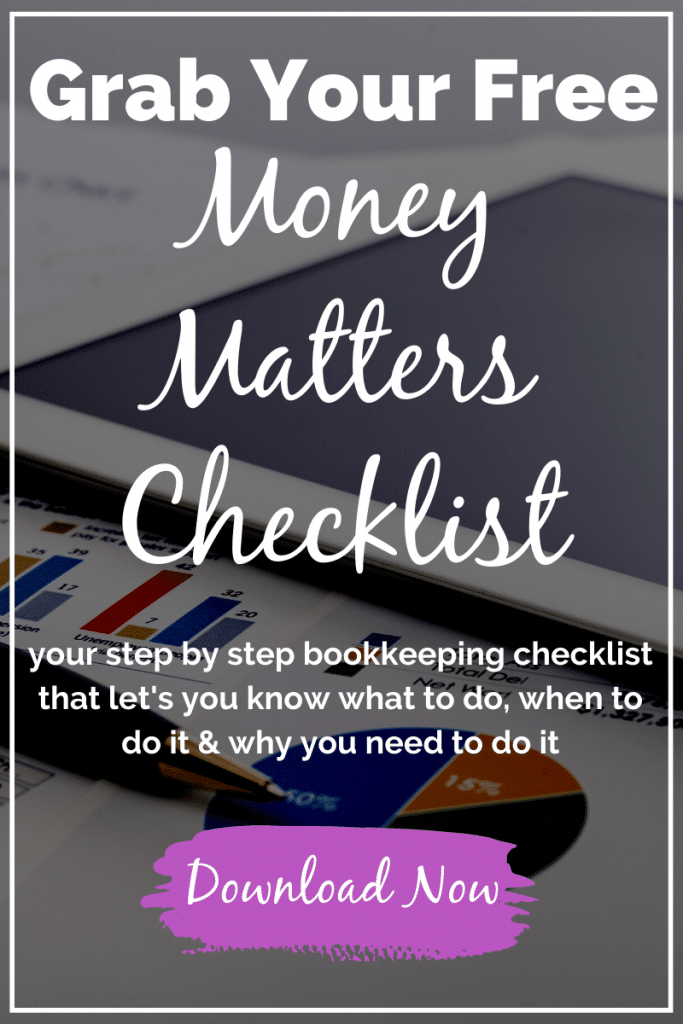We’re a little over one month into the new year.
How’s it going? Are you on pace to meet your goals?
Are you hitting your financial targets?
Do you have a roadmap…aka a budget?
No? Well, it’s never too late to create a budget.
Budgeting 101
On this topic, I’m going to get a little old school. I’m going to answer the 5 questions we were taught to answer in English class when relaying information on a topic or writing a research paper. Consider this the Who, What, Where, Why and How? of Budgeting. I think it will be a little more simple and easier to follow along using this method. So let’s dive right on in.

Budgeting 101
WHAT Is A Budget?
A budget is simple… and I kinda like this definition from Dave Ramsey. “A budget is telling your money where to go instead of wondering where it went.”
That’s simple enough right?
Another simple definition (my own) is “a budget is simply a goal with a dollar sign”.
You know how to set and achieve goals. A lot of the time, those goals have something to do with money. What you want to do, where you want to go, and what you want to achieve. Or even, once you get to a certain milestone, what you plan to do with the money you earned while achieving your goal. So since you have a goal with a timeframe attached, why not go a step further and attach a dollar sign to it too.
WHO Needs A Budget?
In my humble opinion, everyone needs a budget of some sort. Not just business owners. Smart, financially savvy individuals also need a budget.
Need might be a strong word, but I mean it. You NEED a budget.
WHY Do You Need A Budget?
Again with my humble opinions. I think that everyone needs a budget because it functions as a roadmap of sorts. It gives you a plan that you can follow for the coming months and year. So that, by our definition, you know where your money is going.
Knowing where your money is going, where you have it earmarked to go is vital when you are making decisions about what you can and cannot do financially in both your business and personal life. If you know where the bumps in the road are going to be, such as when cashflow may be a little slower than normal or when you may have a big expense coming up, you can take a step or two back and plan accordingly so that the bumpy road won’t be so bad.
WHERE Is Your Budget?
Where your budget is is almost as important as having one. You can create one using good old pen and paper. Or you can get a bit more fancy and use a spreadsheet program (like Excel, OpenOffice or GoogleDocs). Or if it’s available in your accounting software, you can “house” your budget there.
Considering I am an accountant and I practically live in spreadsheets, you know what my preference is (spreadsheets).
WHERE Do I Get Started?
Get started with what you already know. Ask yourself a lot of questions.
In business, what are you bills (expenses) that you pay on a monthly, quarterly and yearly basis? What other things do you plan to do throughout the year and when?
What is your income like? Do you have recurring billing or monthly/quarterly customers? Do you need to increase your sales?
Can you see why I say this is like taking your goals and putting a dollar sign on them? At least on the income generation side of things, you can use your goals to create your budget.
Remember, this is your budget. You can be as aggressive or as conservative as you want to be.
HOW Do You Monitor Your Budget?
It’s not enough to just have a budget. You need to monitor your progress and correct your course, if and when necessary. This is what we in the biz call “reforecasting”. Reforecasting is basically “redoing” your budget based on the information you have now that you didn’t have before.
Back to the HOW though. How you monitor your budget is by comparing it against your actual performance.
What did you think would happen (budget) versus what happened (actual)? Just looking at an Income Statement alone tells half of the story… to get the whole story regarding effectiveness, efficiency and productivity, you need to review a Budget Versus Actual Income Statement. This statement will show your budget and your actual performance side by side and give you a baseline for improvement or course correction.
As I’m sure you’ve noticed, I am a real fan of reviewing this financial statement. It is a must-have report that you can generate in QuickBooks or Xero. If your accounting software doesn’t have this report available, it will take a little data entry but you can download your Income Statement to Excel and create it yourself.
Do you have a budget? Are you actually using it to help you make decisions in your business?
Give me your thoughts and ask your questions in the comments below.
Until next time,
J


I do have a budget, buuuut it tends to serve as a suggestion and not something that’s iron clad. I know that I really need to be more disciplined when it comes to following it.
Don’t feel bad (or any kind of way) about that because you’re actually ahead of the curve with actually HAVING a budget. The overwhelming majority of people do not. I think I read that the stat is somewhere north of 90% of people do NOT have a budget…
So now that you have one, we just have to work on adhering to it. One baby step at a time. 🙂
Again, KUDOS AG for HAVING a budget.
Well, that’s a comfort to know! Glad I’m heading in the right direction. Now, about tightening up.